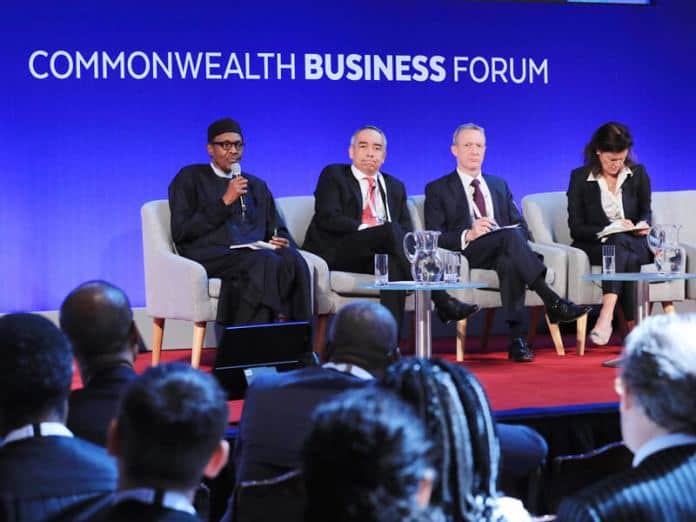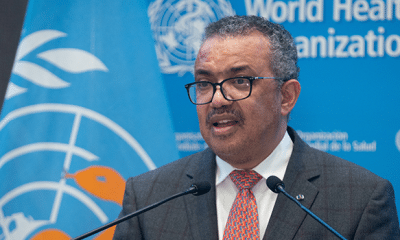Nigeria News
Nigeria Plans $300m Fund To Fight Against Malaria


Nigeria Mobilize Forces to Fight Against Malaria
Nigeria Joins Commonwealth Nations To Reduce Malaria By Half In 2023
As the world marks this year’s World Malaria Day, Nigeria has renewed its efforts by committing to raise malaria up the national priority list, including securing $300 million in new financing from the World Bank, Islamic Development Bank and African Development Bank to help finance its national malaria strategy.
This development is in line with Commonwealth Health Ministers’ launch of the Commonwealth Nations Initiative at the Malaria Summit London 2018, to curb malaria by half by 2023.
This arose against the backdrop that Nigeria has the largest funding gap in malaria elimination in Africa.
Nigeria faces a financial gap of N504 billion ($1.4 billion) to implement its national malaria strategy by 2020, according to the 2017 World Malaria Report, a publication by the World Health Organization (WHO).
In addition to constituting 27 percent of malaria cases worldwide, out of 30 African countries analysed in the report, Nigeria alone accounts for 53 percent of the $1.3 billion funding gap for essential commodities that include 76 percent of the funding gap in Artemisinin Combination Therapy (ACT) and 86 percent of the funding gap for Rapid Diagnostic Test kits (RDTs).
Nigeria also pledged an additional $18.7million to leverage $37million from the Global Fund to distribute of 15 million mosquito nets.
Meanwhile, the UK government has pledged £50 million (N25,757,154,000.00) to malaria programme in Nigeria even as it pledged £9.2 million to fund new research on development of new triple Artemisinin Combination Treatments.
According to the World Health Organisation, WHO, these efforts by nations, if achieved, would prevent 350 million malaria cases and save 650,000 lives predominately children and pregnant women who are most at risk annually.
At the Summit co-hosted by the governments of Rwanda, Swaziland and the UK, the UK government re-affirmed its commitment to spend £500 million a year on malaria through to 2020 to 2021.
As part of this, the UK announced a further £100 million match fund commitment to the Global Fund to match new contributions from private donors pound for pound.
The Bill & Melinda Gates Foundation will extend its investments in malaria with additional $1 billion through to 2023 by funding R&D efforts and reduce the burden of the disease towards ending malaria for good.
In addition, the African Leaders Malaria Alliance, ALMA, in line with the African Union’s Catalytic Framework to end AIDS, TB and Eliminate Malaria by 2030, committed to supporting member countries to introduce and strengthen the use of national and sub-national malaria scorecards and action trackers, with robust community engagement; to support increased domestic funding from both the public and private sector; and to continue its work with Heads of State and Government in Africa to monitor progress towards this goal.
The WHO observed that in 2016, for the first time in a decade, the number of malaria cases in the world was on the rise and in some areas there was resurgence.
The World Malaria day is to be marked on 25th of April and the theme for this year is “Ready to beat Malaria“












